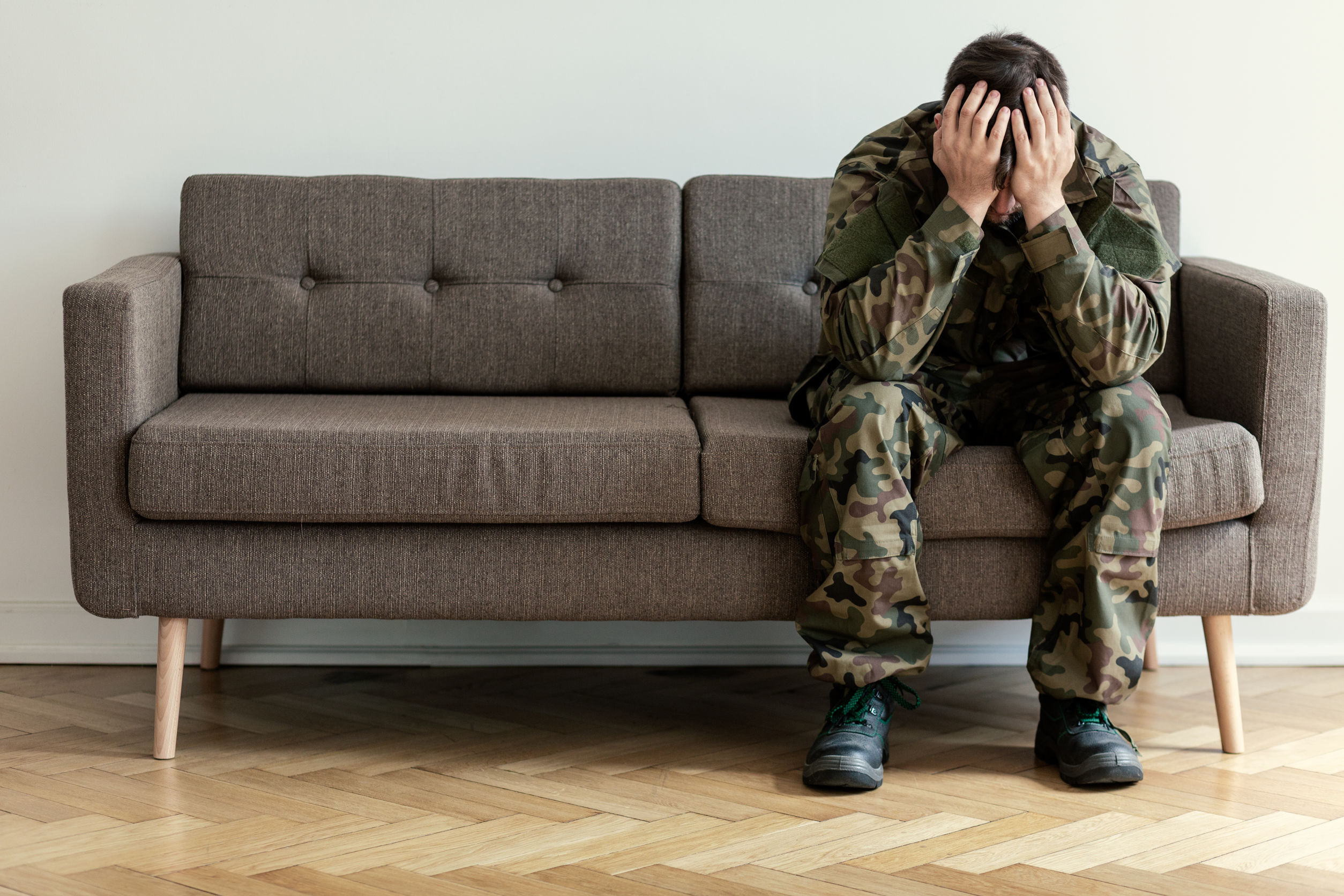”Maine, does stress affect your sleep? While it can be difficult to avoid stress, there are actions you can take to lessen its effects on your sleep. You can learn more in this week's article. Enjoy!
Reading Time: 4 Minutes
MWi Hacks:
- Learn 9 ways to help sleep quality and duration
- Understand simple to follow strategies to fall asleep faster
MWi Summary:
- Stress can negatively affect our sleep.
- There are many different ways to relax before bed, such as limiting screen time, exercise, and sleep visualization.
Nine ways to relax before bedtime
Another sleepless night spent worrying as you stare at the ceiling? If stress is keeping you awake, there are a host of methods that can help you fall asleep:
Be Mindful.
Shortly before bedtime, try a relaxation strategy that incorporates mindfulness, such as yoga, deep breathing, or meditation, all of which boost sleep time and quality.
Skip Screens.
The blue light emitted by digital devices—including TVs, phones, laptops, and tablets—can throw off your body’s internal clock, so avoid them before bedtime. Finding a tech-free way to wind down can help soothe stress.
Sip Chamomile Tea.
This herb can help lower anxiety, making it easier to fall asleep.
Take a Hot Bath or Shower.
A pre-bedtime soak is relaxing. Plus, going from warm water into a cooler bedroom will cause your body temperature to drop, naturally making you feel sleepy.
Do Some Leg Work.
While exercising right before bed can sometimes keep you awake, gentle leg exercises are unlikely to negatively affect your sleep. Moves like leg lifts and squats help bring flood flow down to your legs; interestingly, this can have a soothing effect and make it easier to drift off.
Count Sheep.
It might sound a little silly, but this actually works. The reason? Keeping your brain focused on one thing helps you power down. If counting sheep isn’t for you, try focusing on your breathing, consciously taking deep breaths in and out, until you feel calmer.
Picture Yourself Asleep.
By envisioning yourself in a peaceful sleep, you’ll instantly put yourself in a state of relaxation. For extra calm, clench and release your muscles, starting with your face and working down to your feet.
Work Out Early.
Exercise is a great stress reliever and has been shown to improve the quality of sleep, particularly for insomniacs. But make sure your more intense workouts aren’t too close to bedtime. If you find that your treadmill runs are keeping you awake at night, hit the gym at least three hours before you turn in.
Worry Earlier in the Day.
When your mind is racing with concerns while you’re trying to fall asleep, that can make it nearly impossible to drift off. Instead, dedicate 15 minutes during the day to process these thoughts. Writing a to-do list or thinking about solutions can be a healthy way to deal with stress and prevent it from interfering with sleep later.
MWi would like to thank sleep.org for posting this article.
To read the original article please follow this link:
https://www.sleep.org/articles/sleep-better-when-stressed/






